
Diana Arseni
Diana graduated with an MSci in Biomedicine from the University of Lancaster in 2016. During her PhD at the University of Glasgow and AstraZeneca, she investigated mechanisms through which microglia mediate tissue damage in the context of multiple sclerosis. In 2020, she started her postdoc at the MRC-LMB in the lab of Ben Ryskeldi-Falcon, where she used cryo-electron microscopy to elucidate the structure of TDP-43 filaments in neurodegenerative diseases. In November 2024, she started her own research group in the Neurobiology Division at the MRC-LMB. Her group studies mechanisms of brain health, ageing, and disease with a focus on the lysosomal protein transmembrane protein 106B (TMEM106B) which forms amyloids in the brain in an age-dependent manner.
Talk abstract
The ABC of TDP-43
Abnormal assemblies of TDP-43 in neurons and glia are the pathological hallmark of amyotrophic lateral sclerosis (ALS) and multiple types of frontotemporal lobar degeneration (FTLD). Mutations in the TDP-43 gene, TARDBP, can cause ALS and FTLD, and the temporospatial accumulation of TDP-43 assemblies correlates with neurodegeneration, indicating a causative role for TDP-43 assembly in disease. TDP-43 assemblies are also common co-pathologies in other diseases, including Alzheimer’s, Parkinson’s and Huntington’s. The structural and molecular mechanisms of TDP-43 assembly in disease are poorly understood. We developed a protocol to isolate assembled TDP-43 from the brains of patients with ALS and FTLD and determined their structures using cryo-electron microscopy (cryo-EM). We found that TDP-43 assembles into amyloid filaments in these diseases. The ordered filament cores are comprised of the first half of the TDP-43 low-complexity domain and adopt distinct filament folds in different neurodegenerative conditions. These brain-derived filament folds show no similarity to TDP-43 filament folds formed in vitro. The structures, in combination with mass spectrometry, led to the identification of two new post-translational modifications of assembled TDP-43, citrullination and mono-methylation of R293, and suggest that they may facilitate filament formation and observed structural variation within individual filaments. Unexpectedly, the structures also revealed that in specific cases TDP-43 can also co-assemble with Annexin A11 in heteromeric amyloid filaments. The structures of TDP-43 amyloid filaments from ALS and FTLD guide mechanistic studies of TDP-43 assembly, as well as the development of diagnostic and therapeutic compounds for TDP-43 proteinopathies.
Neurobiology division at the MRC-LMB
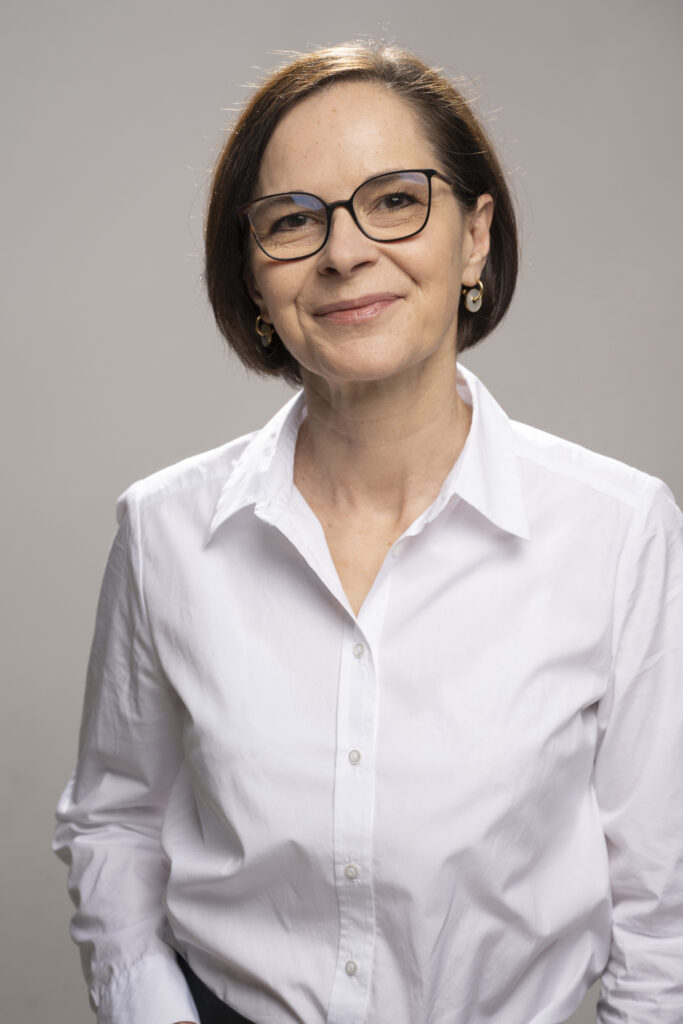
Yasmine Belkaid
Prof. Yasmine Belkaid is the President of the Institut Pasteur (Paris) and the head of the Metaorganism laboratory at the Institut Pasteur. She obtained her Master in Biochemistry at the University of Science and Technology Houari Boumediene in Algiers, Algeria and her PhD from the Institut Pasteur in France. Following a postdoctoral fellowship at the National Institutes of Health (Bethesda, USA) on immune regulation during infection, she started her research program at the Children’s Hospital Research Foundation in Cincinnati. In 2005, she joined the National Institute of Allergy and Infectious Diseases (NIAID) where she served as department chair of the Laboratory of Host Immunity and Microbiome, Director of the trans-NIH Center for Human Immunology and founder and Director of the NIAID Microbiome program prior to joining the Institut Pasteur in 2024. Her work explores fundamental mechanisms that regulate tissue homeostasis and host immune responses and uncovered key roles for the microbiota and dietary factors in the control of immunity and protection to pathogens. It also explores the role of the immune system in organismal remodeling and the impact of infections on the mother-child dyad. Prof. Belkaid is a member of the National Academy of Sciences, the American Academy of Arts and Sciences, the National Academy of Medicine and she is the recipient of numerous awards including the Lurie Prize in Biomedical Sciences, the Emil von Behring Prize, the Sanofi-Institut Pasteur Award, the Robert Koch Award and the AAI Excellence in Mentoring Award.
Talk abstract
How microbes control our immune system?
Our immune system is regulated at barrier surfaces to protect against pathogens – and promote tissue homeostasis – in the presence of commensal microbes, food antigens and other environmental stimuli. Considering the host as a metaorganism has profoundly impacted our understanding of host physiology and immunity, from the response to vaccinations to protection against infections.
Metaorganism Laboratory at Institute Pasteur
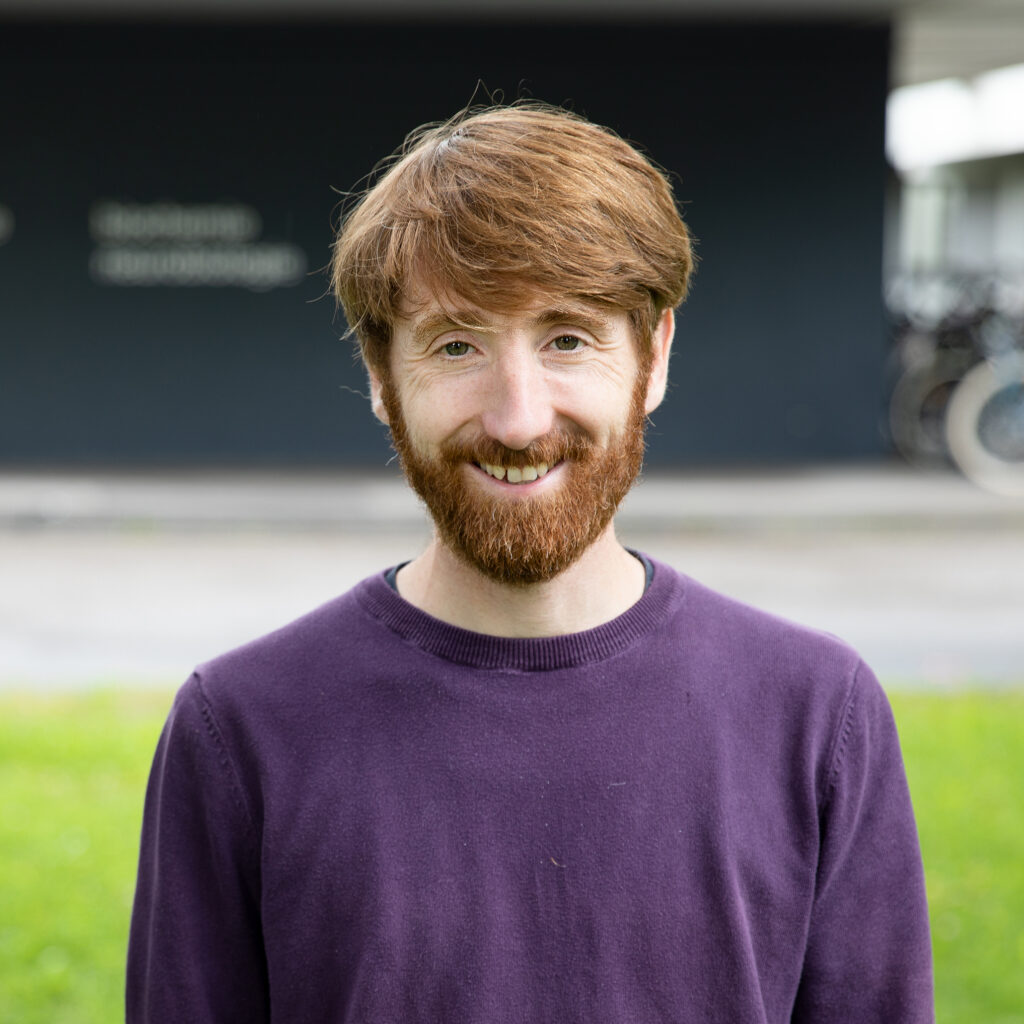
John Briggs
John studied Natural Sciences (biochemistry) at the University of Cambridge. He moved to the University of Oxford where he completed his D.Phil in structural biology in 2004, writing a thesis on “Cryo-electron microscopy of retroviruses” supervised by Stephen Fuller. After a short postdoc in fluorescence microscopy at the Ludwig-Maximilians University in Munich, he started his research group at the European Molecular Biology Laboratory Heidelberg, Germany in 2006. At the start of 2017, his group moved to the Structural Studies division at the MRC-LMB Cambridge. Since 2021, John is director of the department of cell and virus structure at the Max Planck Institute of Biochemistry in Martinsried, near Munich.
Talk abstract
Studying the structure and maturation of HIV-1 using cryo-electron microscopy
Cryo-electron microscopy, cryo-electron tomography and computational image processing can be combined to determine the structures of proteins within complex environments like cells and irregular viruses. We are applying these techniques to understand how proteins interact with one another and with lipids to assemble enveloped viruses and coated vesicles, and to understand how the proteins then rearrange to adapt their functions at different stages of the virus or vesicle lifecycle. Retroviruses like HIV-1 are initially produced as immature, non-infectious particles with the main structural protein Gag forming a membrane-associated protein layer. Cleavage of Gag separates individual domains leading to morphological conversion into the mature, infectious virion. I will describe how we are using cryo-electron microscopy techniques to study virus morphology, to obtain structures of HIV-1 proteins from within immature, mature and mutant HIV-1 particles, and to reconstitute aspects of virus assembly in vitro. Together, these data lead us closer to a mechanistic understanding of the late stages of the HIV-1 lifecycle.
MPI Biochemistry
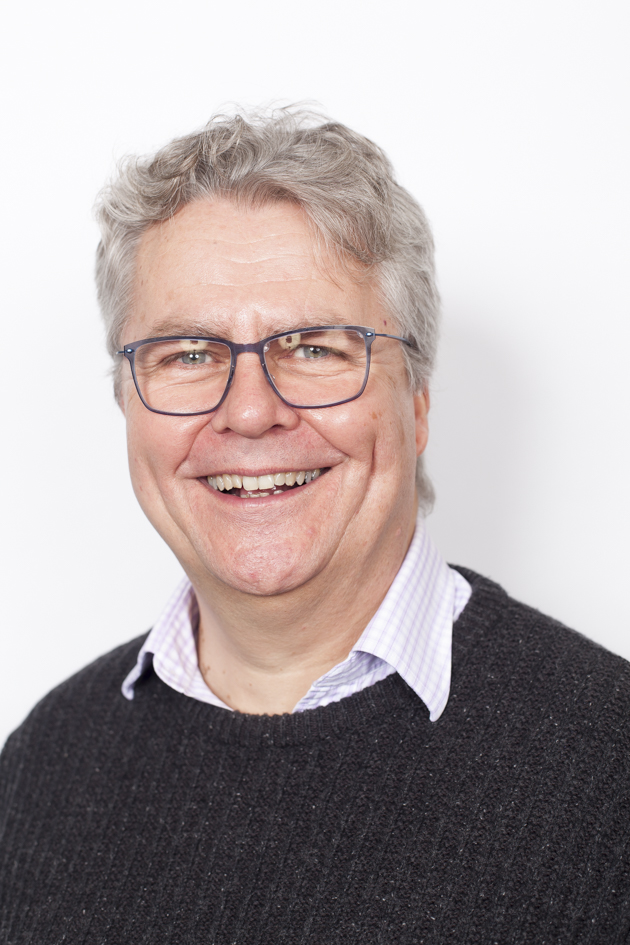
John Diffley
John Diffley was born and raised in the New York City area. He obtained his B.A., M.S. and Ph.D. from New York University. John then worked as a postdoctoral fellow in Bruce Stillman’s laboratory at Cold Spring Harbor from 1984–1990, where he began working on yeast DNA replication. He moved to the Clare Hall Laboratories Imperial Cancer Research Fund in 1990 as a Junior Group Leader. He was promoted to Senior Group Leader in 1995. He became Director of the Clare Hall Laboratories and Deputy Director of the London Research Institute (Cancer Research UK) in 2006. With the founding of the Francis Crick Institute in 2015, he became Associate Research Director with responsibility for junior researchers (Ph.D. students, postdoctoral fellows, etc.). In 1998 he was elected a member of the European Molecular Biology Organization (EMBO), in 2005 he was elected a Fellow of the Royal Society and in 2020 he was elected a Member of the National Academy of Sciences, USA. He won the Paul Marks Prize for Cancer Research in 2003, the Louis Jeantet Prize for Medicine in 2016 and the Canada Gairdner International Award in 2019. He currently serves on several scientific advisory boards, as well as national and international grant panels.
Talk abstract
How DNA replication initiates and what happens when it goes wrong
The eukaryotic cell cycle coordinates the accurate duplication and segregation of the genome during proliferation. Central to this is the mechanism that ensures the entire genome is precisely duplicated in each cell cycle. The large genomes of eukaryotic cells are replicated from multiple replication origins during S phase. These origins are not activated synchronously at the beginning of S phase, but instead fire throughout S phase according to a pre-determined, cell type specific program. Yet each of these origins must be regulated to ensure they never fire more than once per cell cycle. In addition to duplication of genomic DNA, all of the protein components of chromosomes must be duplicated during S phase so gene expression patterns can be maintained. Replication must also be coordinated with many nuclear processes including sister chromatid cohesion, replication checkpoint activation, postreplication repair and chromatin assembly. Once per cell cycle regulation of replication origin firing is achieved by a two-step mechanism. The first step involves the loading of the Mcm2-7 proteins into pre-replicative complexes (pre-RCs) at origins. In the second step, the MCM helicase is activated by a large set of ‘firing factors’. These two steps are differentially regulated by cyclin dependent kinase (CDK): MCM loading is inhibited by CDK, whilst firing requires CDK. As a consequence, MCM loading can only happen during G1 phase, when CDK activity is low, and origin firing cannot occur during G1 phase. Other kinases, like the Dbf4 dependent kinase (DDK) and the Rad53 checkpoint kinase also directly regulate replication. Misregulation of this system can generate chromosome rearrangements which may contribute to genome instability in cancer. We use a combination of approaches including biochemistry, structural biology, genetics and cell biology to understand how DNA replication initiates, how replication forks are established, how epigenetic information encoded in parental nucleosomes is inherited and how the DNA damage checkpoint contributes to replication fork stability.
Chromosome Replication Laboratory at the Francis Crick Institute
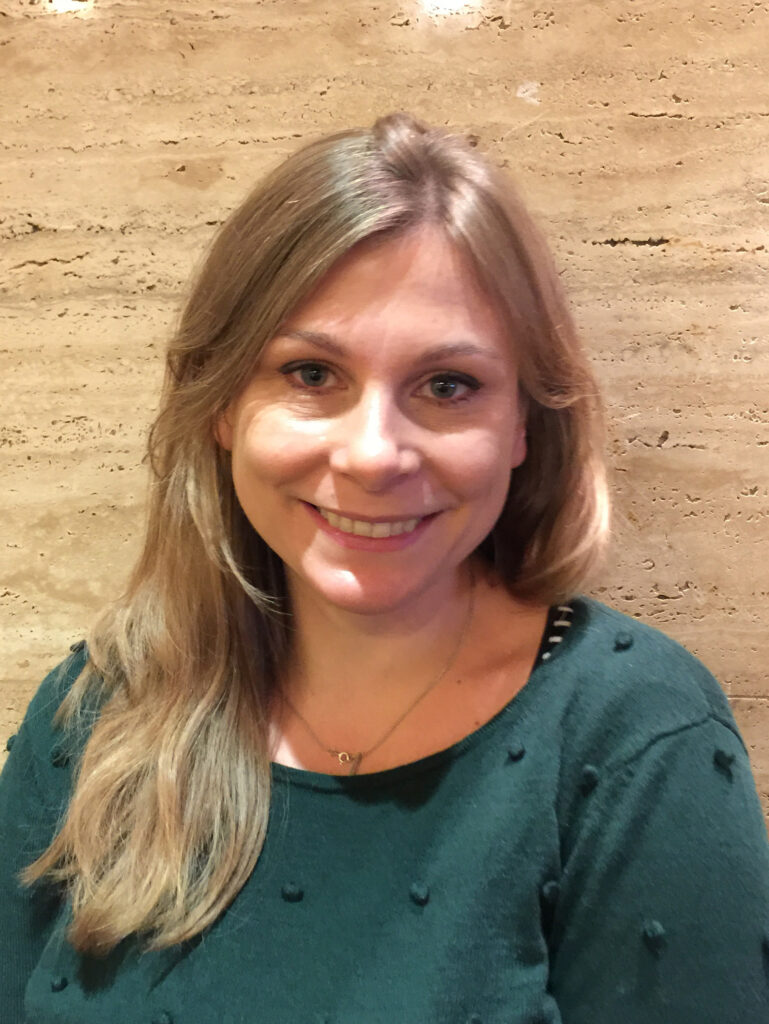
Claire Higgins
Dr. Claire Higgins is a Reader, and Group Leader of the Skin Regeneration Laboratory in the Department of Bioengineering at Imperial College London. Her group uses interdisciplinary approaches to improve the holistic understanding of skin and hair, both in homeostatic conditions and after disease or injury, with the goal of identifying strategies to diagnose, treat or prevent skin disease or injury. A unique aspect of her research group is that all investigations use human tissue, bypassing the need to translate findings from other species prior to clinical translation. Some notable pieces of work from her group have shown how the hair follicle interacts with and influences the surrounding skin microenvironment, from scar tissue to sensory neurons. She is currently President of the European Hair Research Society and Vice President of the Institute of Trichologists. She is also on the research grants committees for the British Skin Foundation, Alopecia UK and the Royal Society.
Talk abstract
Hair follicles. What’s sensory got to do with it?
Human hair follicle epithelial stem cells (HFESCs) are supported by an elegant perineural niche comprised of highly organised sensory and sympathetic nerve endings. Although recent studies have demonstrated the importance of these nerves in regulating several aspects of skin and hair follicle biology, including hair cycling, pigmentation, and wound healing, how HFESCs might influence sensory nerve biology and function in a two-way manner is poorly understood. We recently showed that in vitro, human HFESCs are mechanosensitive and relay sensory information to mouse dorsal root ganglia sensory neurons, activating them via the vesicular release of neurotransmitters (serotonin and histamine) in a co-culture system. In this presentation, I will discuss the additional functional roles that HFESC and HFESC derived neurotransmitters may carry out in the contexts of skin and nervous system development, homeostasis, and regeneration
Dept. of Bioengineering at Imperial College London
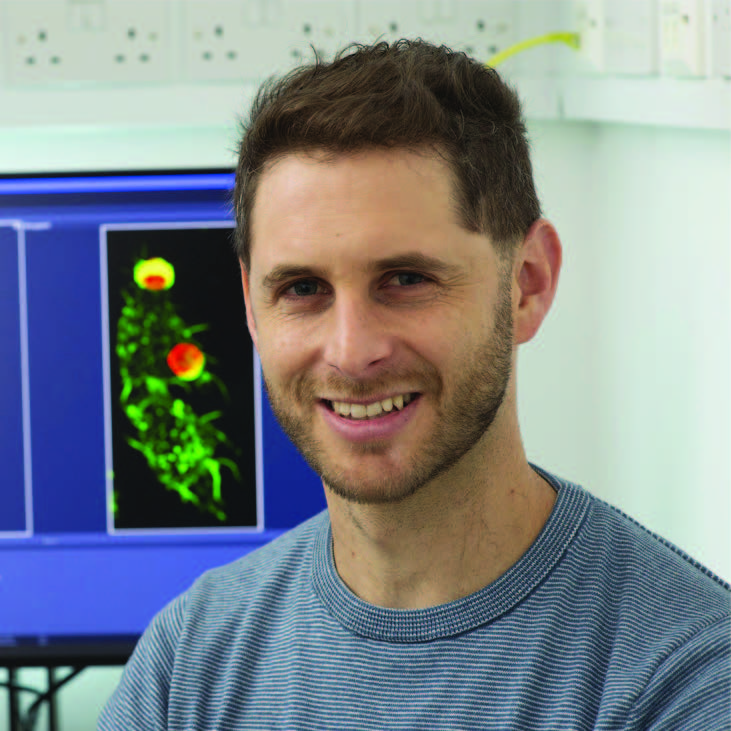
Roni Levin Konigsberg
Roni Levin Konigsberg studied Biochemical Engineering at the Instituto Politécnico Nacional in Mexico City and went on to complete a Ph.D. in Biochemistry at the University of Toronto under the mentorship of Dr. Sergio Grinstein. His doctoral work focused on membrane trafficking and lipid signalling in macrophages. Following his Ph.D., he conducted postdoctoral research in the Department of Genetics at Stanford University with Dr. Mike Bassik, where he developed expertise in high-throughput genetic screening technologies. In 2025, he joined the MRC Laboratory of Molecular Biology (LMB) as a Group Leader in the Division of Cell Biology. His research group investigates the molecular physiology of phagocytic cells. His lab uses a combination of cell biology approaches and genetic screening to understand how these cells recognize, engulf, and process large amounts of diverse extracellular materials.
Talk abstract
Phagocytes: Hungry After an All-You-Can-Eat Buffet – Maintaining Function Amidst Continuous Clearance
Phagocytic cells, such as macrophages, microglia, and retinal epithelial cells, are responsible for internalising and degrading vast quantities of diverse extracellular material, including dead cells, lipoproteins, synapses, microorganisms, and photoreceptor outer segments. Remarkably, the human body clears over 200 billion dead cells each day. In doing so, phagocytes must maintain their health and functionality, as failure to properly clear and process internalised cargo can lead to a range of diseases, including atherosclerosis, infection, autoimmunity, macular degeneration, and neurodegeneration. Understanding how phagocytes efficiently manage such large, diverse loads within intracellular compartments is crucial for addressing fundamental questions in cell biology and understanding the molecular mechanisms underlying disease. Some of the key questions we aim to answer: (i) What is the fate of degraded cargo, and how is it mobilised within the cell? (ii) How do phagocytes restore their resting state after phagocytosis? (iii) What are the consequences of impaired clearance of extracellular materials?
Cell Biology division at the MRC-LMB
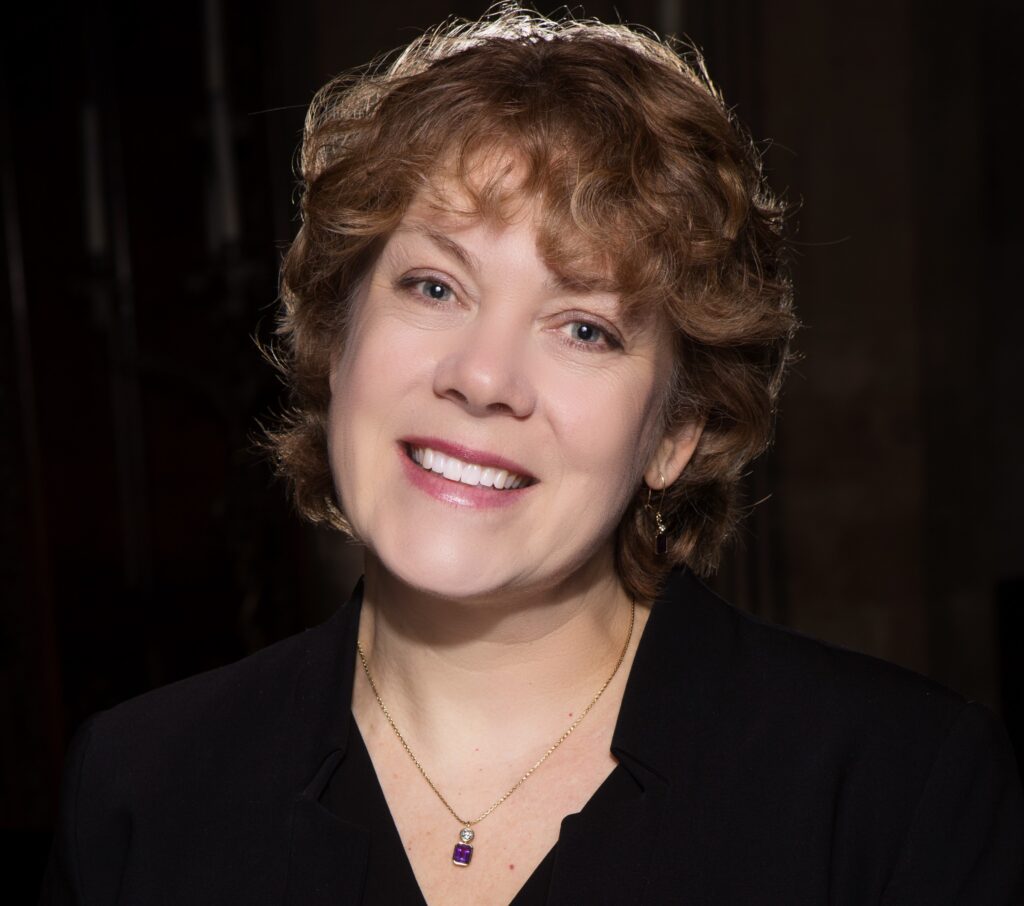
Kathryn S Lilley
Kathryn received her BSc. and PhD in Biochemistry from the University of Sheffield. After being a laboratory manager for eleven years at the University of Leicester, she established the Cambridge Centre for Proteomics, University of Cambridge in 2001. She became the Professor in Cellular Dynamics in Department of Biochemistry University of Cambridge in 2012 and the Deputy Head for Research in the Department of Biochemistry in 2023. She directs a research programme focused on the development and application of technologies to map RNA and protein subcellular localization on a cell-wide scale. Her research looks at the effect of post transcriptional and post translational processing on location, and the extent of re-localization in response to cellular stress and disease. She was awarded the Juan Pablo Albar Proteome Pioneer Award from the European Proteomics Association in 2017 and received the HUPO Distinguished Achievements in Proteomics award in 2018. She was elected as a member of EMBO in July 2020 and Academia Europaea in May 2023.
Talk abstract
Unveiling the Complexities of Cellular Mechanisms: Beyond Protein Expression
Living systems operate through complex regulatory networks that extend beyond simple protein expression. These networks incorporate multiple sophisticated multi-omics control layers, from non-coding RNA-mediated control mechanisms, post-transcriptional and post-translational modifications, to differential subcellular localization. Many of these regulatory processes depend on dynamic interactions between proteins and RNA molecules. Understanding these multilayered control systems is essential for gaining complete insight into how biological processes function. This presentation will highlight why examining how the proteome responds to cellular perturbations through protein relocalization is critical, demonstrating that focusing solely on abundance changes can cause researchers to miss essential cellular responses¹. I will examine how RNA-protein interactions shift dynamically during pivotal cellular events²,³. I will also introduce an innovative methodology that simultaneously maps both the spatial distribution of proteins and RNA transcripts across entire cells⁴. I will show how this approach has uncovered the coordinated movement of RNA and proteins when cells activate the unfolded protein response (UPR), offering new understanding of how RNA molecules relocate to stress granules during cellular stress.
References:
- Christopher, J. A. et al doi: 10.1016/j.mcpro.2024.100888.
- Queiroz, R. M. L et al doi:10.1038/s41587-018-0001-2
- Monti, M et al doi:10.1038/s44320-024-00031-y
- Villanueva, E et al S. doi:10.1038/s41592-023-
Dept. Biochemistry at the University of Cambridge
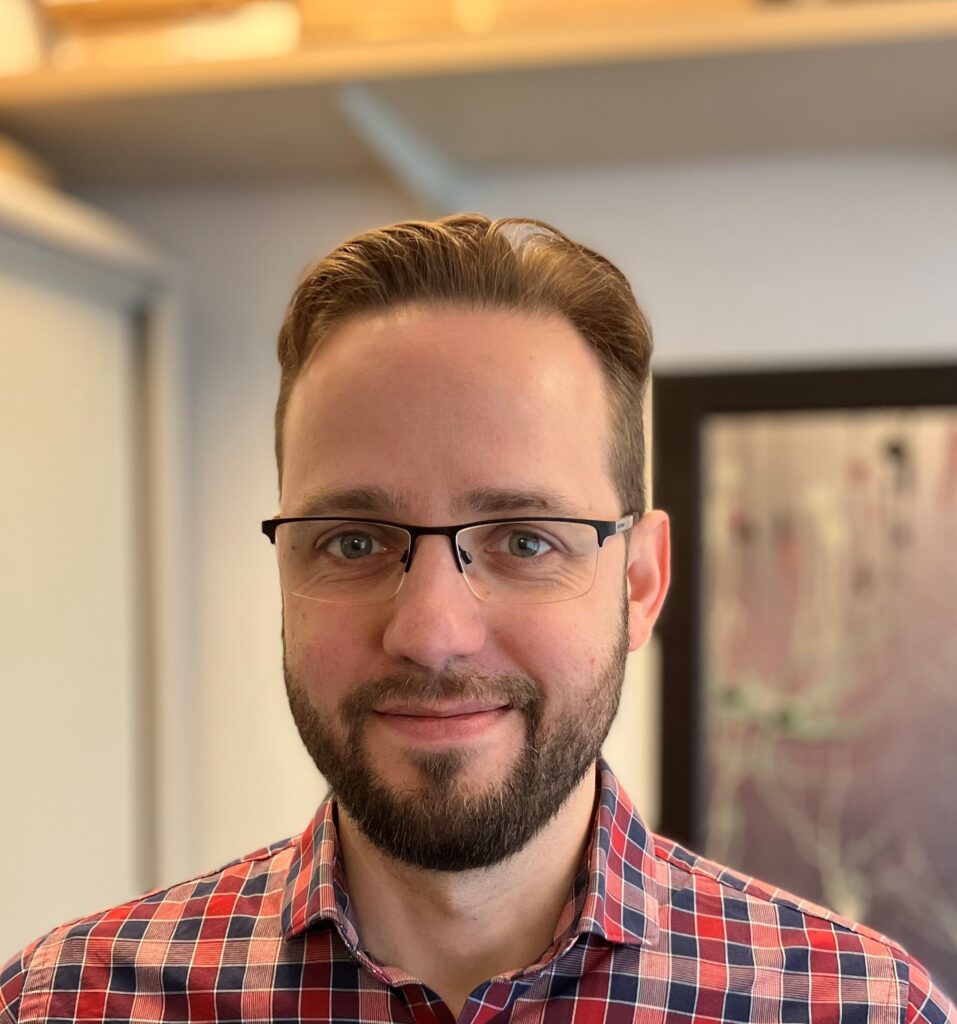
Viktor Lukacs
Viktor Lukacs is an Assistant Professor and Wellcome Trust Career Development Fellow at the University of Leeds. He began his academic journey in medicine at Semmelweis University in Budapest, before earning a Ph.D. in Pharmacology, Physiology, and Neuroscience from Rutgers University, New Jersey. He then joined Scripps Research in La Jolla, working under Nobel Laureate Ardem Patapoutian, where he contributed to defining the physiological roles of Piezo ion channels—findings that helped lay the groundwork for the 2021 Nobel Prize in Physiology or Medicine. Since establishing his lab at Leeds in 2019, Dr. Lukacs has focused on pioneering molecular technologies in genomics and neuroscience, with multiple patent applications pending internationally for novel approaches in molecular evolution.
Talk abstract
Targeted cellular evolution identifies new sensory receptor proteins
Gene identification by conventional screening means poses many challenges. This includes cost and labour requirements of arrayed screening and limitations imposed by library quality and reliance on genome annotation data. Forward screening approaches, such as cDNA- or CRISPRa-induced gene expression, are limited in scope to single-gene phenotypes. Reverse screening techniques, such as RNAi or CRISPRi-mediated knockdown, can identify genes functioning in multi-protein complexes, but are limited by the availability of a cell line already expressing the positive phenotype. We combined a random forward mutagenesis approach with unique fluorescent selection tools to develop a screening approach capable of reliable, high-yield and cost-effective gene identification. Our approach combines the strengths of forward and reverse screening: it enables identification of multi-gene receptors in an array of phenotypically negative cell environments, and bypasses library quality-related bias by utilising the endogenous genome. The efficiency of this method is demonstrated through confirmation of known, and identification of novel molecular temperature receptors in a single experiment. Targeted cellular evolution thus provides the capability of unbiased, massively parallel screening to identify novel receptor genes where no cellular survival-based selection pressure is available.
Wellcome Trust Career Development Fellow at the University of Leeds
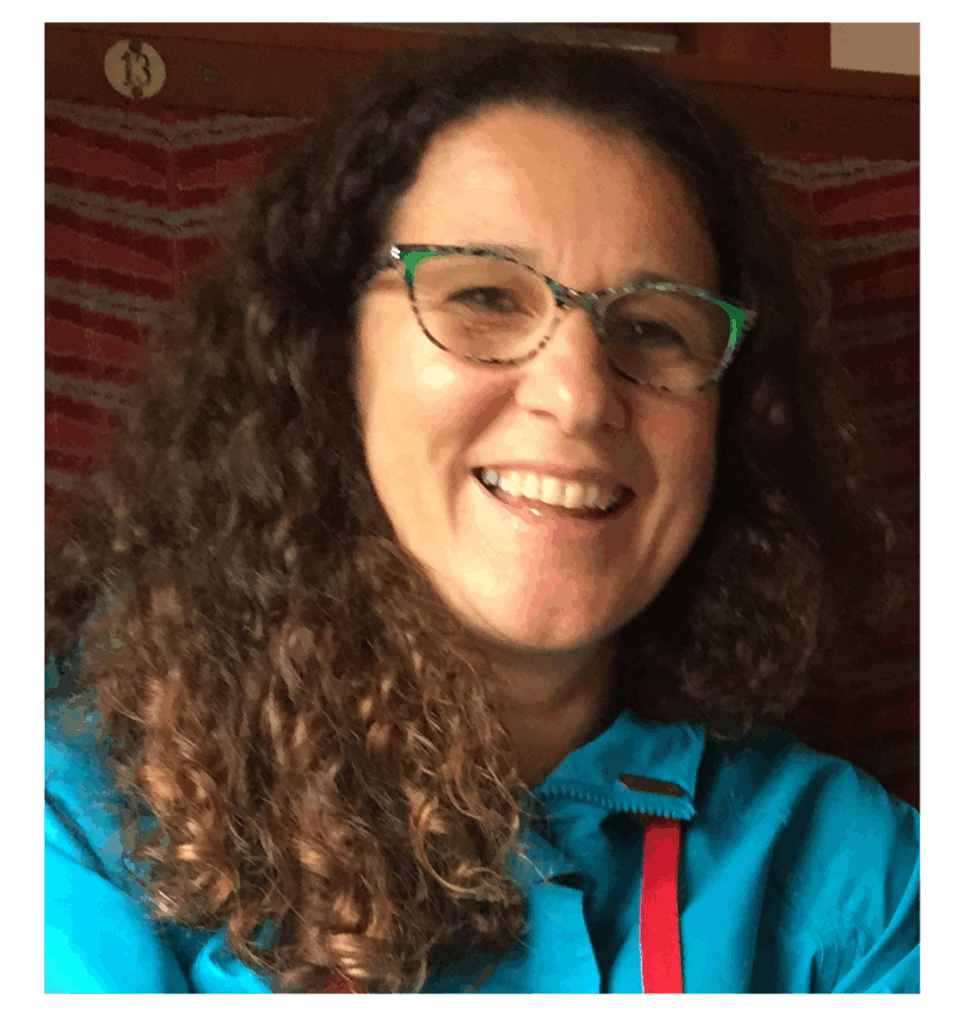
Helen Mott
Helen Mott is in the Department of Biochemistry and Gonville and Caius College at the University of Cambridge. She uses NMR and biophysics to study small GTPases and their binding partners, with a particular interest in protein dynamics, intrinsically disordered regions and membrane interactions. She runs her lab with Darerca Owen who is interested in understanding the role of these proteins in cancer. Helen trained in NMR as a PhD student in Oxford, where she worked on interleukin 2. She was a post doc at the University of North Carolina and there started working in the Ras field. She returned to Cambridge with an MRC training fellowship, followed by a career development award.
Talk abstract
Investigation of the HR1 domains of protein kinase C-related kinase (PKN1)
The PKN family are Ser/Thr kinases that are activated downstream of Rho family small GTPases. PKN protein activation has been implicated in tumours, particularly prostate (PKN1) and breast (PKN3) cancer. PKN1 is involved in insulin signalling to the actin cytoskeleton, in phosphorylation of histone H3 in androgen receptor signalling and in regulation of the pyrin inflammasome. All PKN proteins have the same domain structure, with three HR1 domains in the N-terminus, followed by a C2 domain and a C-terminal kinase domain. PKN is activated by Rho protein binding, by PDK1 phosphorylation or by caspase cleavage of the N-terminus and is inhibited by binding to a short sequence between the C2 and kinase domain. Structural data on the protein is limited to single HR1 domains and to the kinase domain alone. We have used a combination of NMR, SAXS and biophysical methods to study the structures and interactions of larger constructs of PKN1 that include multiple HR1 domains. We have found that the HR1 domains are a dimerization motif, and that this dimer is rearranged upon RhoA binding. PKN1 dimers were observed in cell experiments and could be disrupted by mutations in HR1 domains. Work is undergoing to assess the effect of the mutants on kinase activity.
Dept. Biochemistry at the University of Cambridge
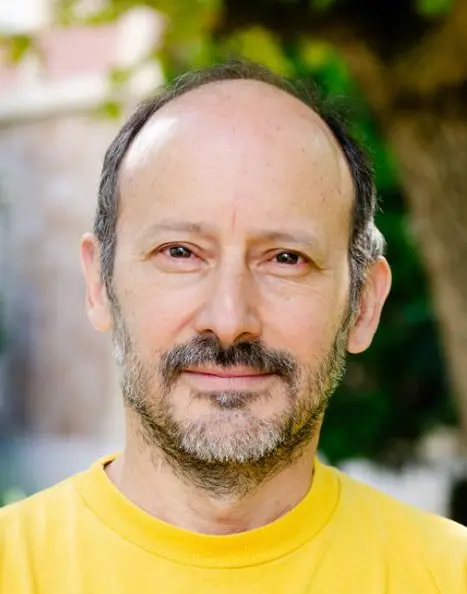
Javier Pizarro-Cerda
Javier Pizarro-Cerda obtained a Ph.D. in Immunology at the Marseile-Luminy Immunology Centre investigating the intracellular adaptations to mammalian cells of the brucellosis agent Brucella abortus. He then joined the Institut Pasteur in Paris to study Listeria monocytogenes host-pathogen interactions. Since 2017 he is Associate Professor at Institut Pasteur where he is director of the Yersinia Research Unit and of the WHO Collaborating Centre for Plague (FRA-146) as well as deputy director of the French National Reference Laboratory ‘Plague and other yersiniosis’. His team currently investigates the biology and evolution of pathogenic members of the genus Yersinia, including the enteropathogens Y. pseudotuberculosis and Y. enterocolitica, as well as the plague bacillus Y. pestis. His public health activities include the implementation of novel molecular diagnostic strategies to track pathogenic Yersinia outbreaks and the development of a vaccine against plague.
Talk abstract
Yersinia pestis & plague: revisiting the history and genomic landscape of a pandemic tueur
In 1894 in Hong Kong, Louis Pasteur’s collaborator Alexandre Yersin identified Yersinia pestis as the bacterial agent responsible for plague, a mythical disease which had killed millions of human beings in the course of several pandemics, leaving deep scars on the history of humanity. Since then, the Pasteurian school of microbiology has made significant contributions to our understanding of plague, identifying its transmission mechanisms, contributing to the development of vaccines and improving diagnostics. Today, the revolution in ancient DNA research enables us to revisit plague pandemics of historic and also prehistoric times, to study the impact of medieval plague on the evolution of the human immune system, and to investigate molecular and cellular mechanisms of plague pathogenesis. In the current post-COVID context, plague remains a fascinating disease that still has much to teach us about the emergence and evolution of pathogens.
Microbiology at the Institut Pasteur
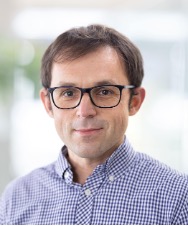
José Zarco Jiménez
Dr. José Jiménez is a molecular biologist who obtained his Ph.D. in 2006 working for Spanish Research Council. He conducted postdoctoral stays at Harvard University (USA) and the Synthetic Biology Center at MIT (USA). José was appointed as Lecturer in Synthetic Biology in 2014 at the University of Surrey and joined the Dept. of Life Sciences at Imperial College London in 2020 where he was promoted to Reader in 2023. He is interested in a broad range of topics at the interphase between synthetic biology and evolution including environmental applications such as the valorisation of plastic waste.
Talk abstract
Euk.oli: A eukaryotic-inspired prokaryotic model for orthogonal resource allocation
Resource competition between native and synthetic genes imposes a burden on the cell which leads to growth defects and unpredictable synthetic gene circuit and pathway behaviour. Importantly, this resource competition problem, especially at the level of translation, seriously impedes the development of synthetic biology as a field. To better understand this issue, our previous work focused on quantitatively understanding trade-offs between bacterial growth and the allocation of cellular resources for gene expression. Through this research, we identified rRNA expression as a critical regulatory node and devised engineering strategies to uncouple rRNA synthesis from the overall physiological status of the model bacterium Escherichia coli. Based on this research and inspired by the distinct transcriptional control of rRNA in eukaryotes, we have engineered a set of E. coli strains —named Euk.oli— in which all chromosomal rRNA operons were removed, and rRNA expression takes place from a plasmid as is placed under the control of inducible promoters and, in a further engineered version, an orthogonal T7 RNA polymerase. This approach mimics to an extent the eukaryotic strategy of allocating different RNA polymerases for mRNA and rRNA synthesis. As a result, Euk.oli strains exhibit unique properties: their growth rates are directly correlated with rRNA synthesis, and they demonstrate enhanced production of recombinant proteins and metabolic pathways for high-added value molecules.
Dept. of Life Sciences at Imperial College London


